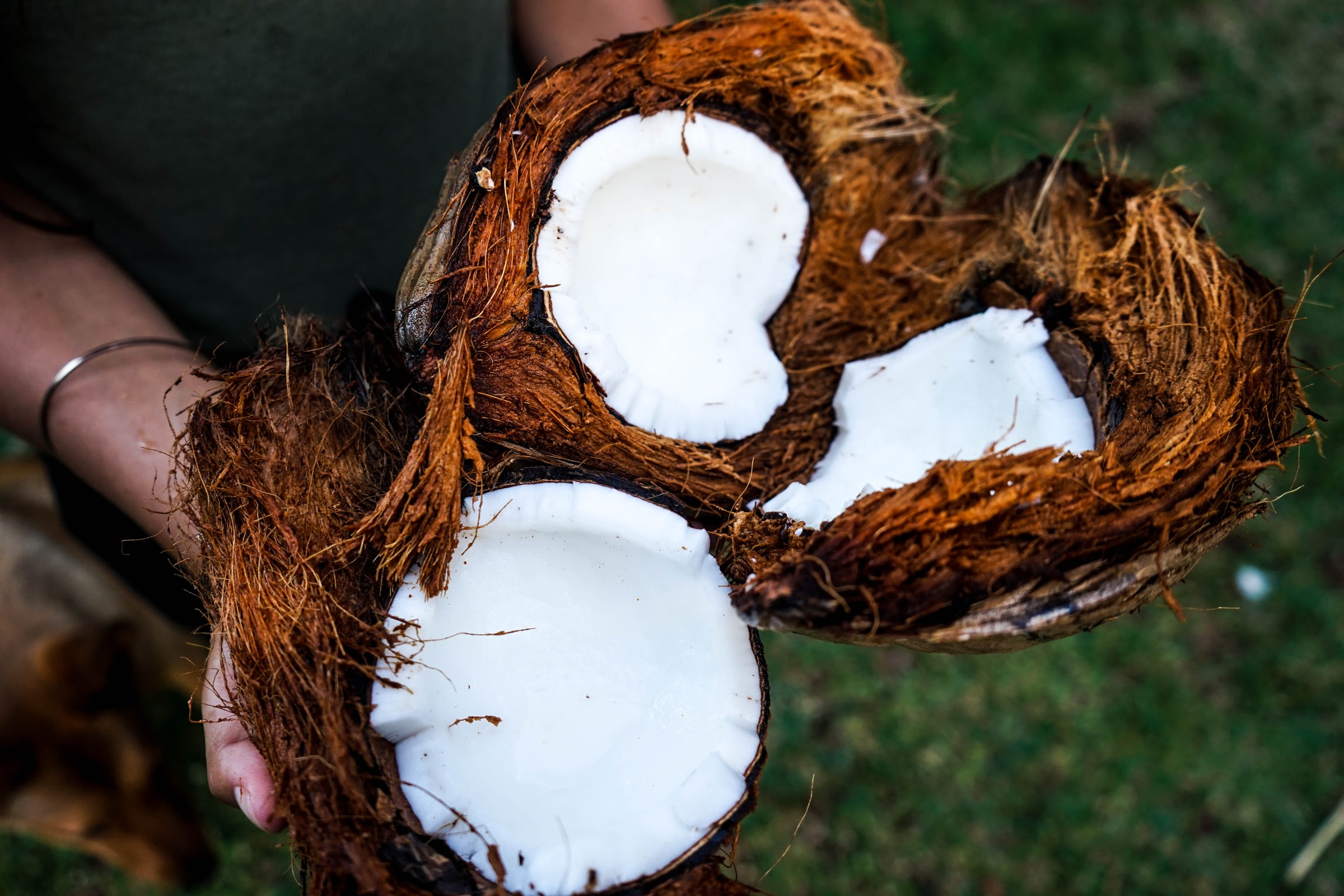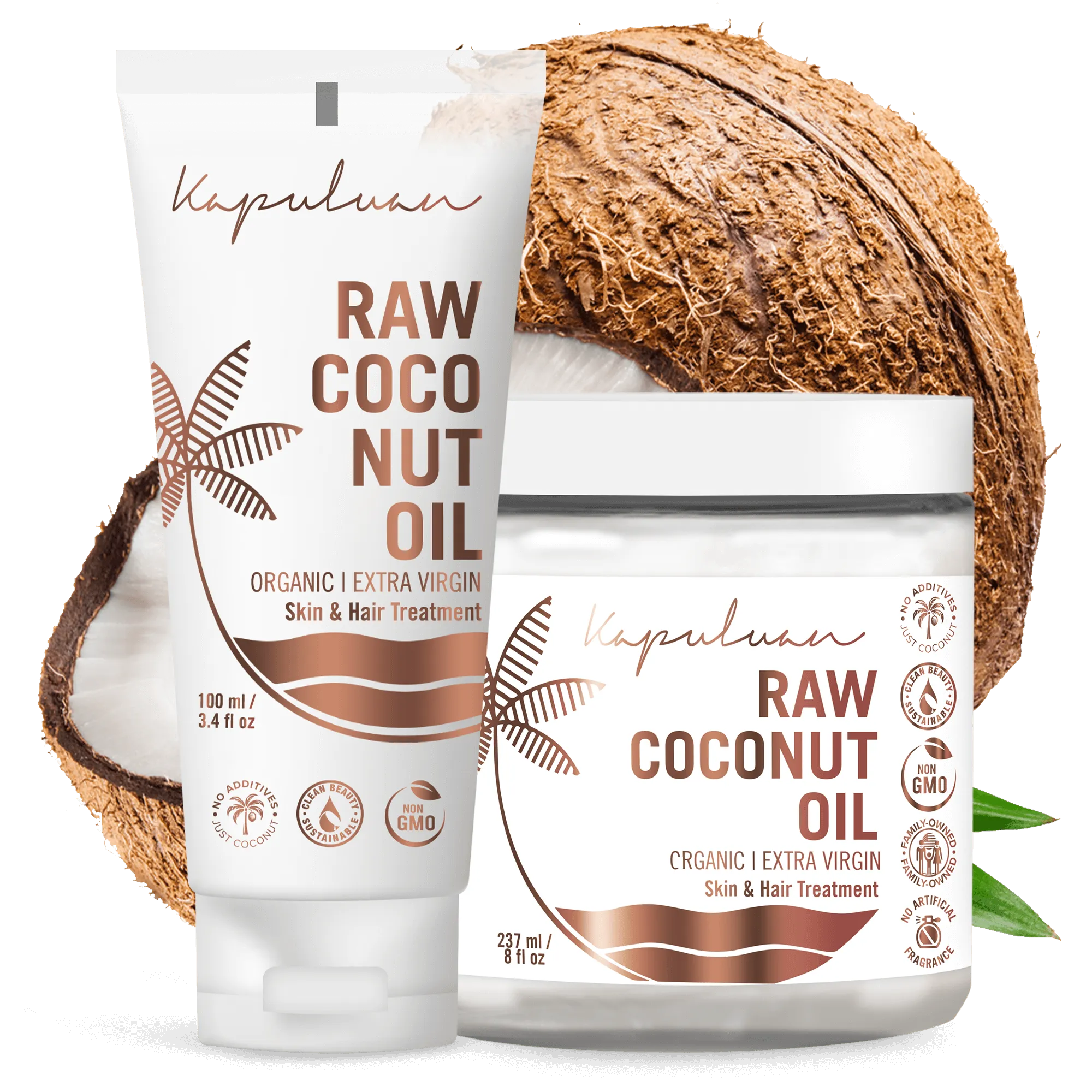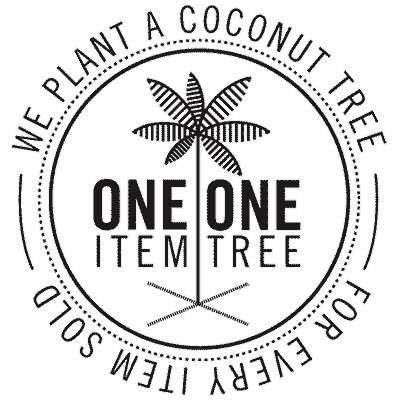Last Updated on July 3, 2024 by Kapuluan

Coconut oil, specifically, has become one of the hottest products in the world. First touted for its unique nutritional and health benefits, the nectar of tropical island gods is now widely known as the panacea of a personal care regimen.
Celebrities like Miranda Kerr, Emma Stone, and Mandy Moore endorse the benefits, with quotes like “I don’t go a day without coconut oil,” “I take off my makeup with coconut oil,” and “To take care of my body, I’m an organic coconut oil girl, I put it on the right after the shower.”
Do a Twitter search for coconut oil, and you’ll find a trillion posts …” miracle oil,” “coconut oil secret exposed,” “I just bought the 600-liter tub of coconut oil at Costco for $6”, “coconut oil saved my life,” “I’m going to deliver my firstborn into a tub of coconut oil,” etc.
Body care, hair treatments, oil-pulling kits, shampoo and conditioner, soap, cleaning products, chapstick, tanning oil…everyone wants coconut products.
While Kapuluan doesn’t support the over-exaggeration of the benefits of coconut oil, ever since we discovered it on a small island in the Philippines, our way of life has changed. It has allowed us to improve our health and wellness, eliminate numerous chemical-ridden products, travel lighter, and live a more minimalistic and straightforward lifestyle. But, unfortunately, using an all-natural product from one of our favorite fruits seems too good to be true.
In a way, it is.
The Truth of Coconut Crazy
While everyone is taking selfies of their white teeth, replacing their problematic boyfriends with coconut oil, and going coconut crazy over their beautifully soft and healthy-looking skin, there is not a mention of where the product came from or how it ended up on their counter…or in an inflatable flamingo in their swimming pool.
In the Philippines, the world’s largest producer of coconut oil, over 60% of coconut farmers live in extreme poverty. The coconut farmers are responsible for the coconut oil on your shelf, or your favorite coconut products are trapped in a vicious cycle of industrial agriculture at the terminal end of a production system for one of the world’s most popular products.
The popularity and price increase in the retail sector does not mean a higher wage or a higher value for the farmers—who are often powerless to negotiate with traders—and the handful of large corporations dominating the market.
Many additional issues plague the industry: old trees result in declining yields, powerful typhoons destroy crops, and lack of incentive or financial compensation for planting new trees. This further threatens the coconut farmer’s way of life.
Farmers in the Philippines have already begun leaving the industry. This is because they cannot survive under the circumstances and often cannot feed their families, rebuild houses after typhoon destruction, or put together enough money to send their children to school.
Children leaving for large cities like Manila in search of opportunities is crushing to families and rural communities but is often the only hope. But “urban drift” is hazardous, resulting in exploitation by gangs, drug dealers, and the sex slavery trade more often than not.
If the human rights issues around the coconut industry aren’t enough to facilitate change, as global demand continues to grow and farmers are worked to the ground for larger yields with little to no value increase, they will continue to leave. The result will be an enormous supply and demand shift, resulting in massive price increases for coconut oil and all other coconut products the market loves.
Higher Standards for Fair Trade Coconut
In summary, to quote one of (even though he doesn’t know it) the most significant sources of inspiration for Kapuluan, Yvon Chouinard. “If you want to change government, you have to change corporations. If you want to change corporations, you must change the market.”
The time is now to implement better standards for coconut farmers; people like you are the only ones who can make that happen.
Get to know where your coconut products come from, raise awareness, and spend a few extra bucks to buy the fair trade stuff.
And maybe figure out the root of this coconut crazy.
JOIN US ON INSTAGRAM



